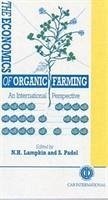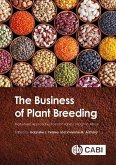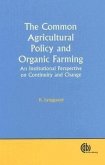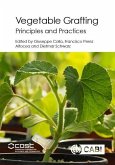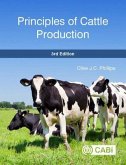Organic (ecological) farming, with its emphasis on sustainable agro-ecosystem management and the use of locally-derived, renewable resources, offers potential solutions to some of the key problems faced by the agricultural sectors of industrialized countries. Many European governments now provide direct financial support for organic farming in recognition of its contribution to current policy objectives, including environmental protection, conservation of non-renewable resources, controlling over-production and the reorientation of agriculture towards areas of market demand. Drawing on studies from the UK, USA, Canada, Australia, Germany, Denmark and Switzerland, this book provides the first comprehensive international review of the economics of organic farming. It covers the physical and financial performance of organic farms, the special features of adoption and the transition process, the implications of widespread adoption, and the analysis of policy implications and initiatives in the different countries. The factual information and empirical data from the studies reported make this book a valuable resource for researchers, policy analysts, professional advisors and students in agricultural economics, management and agri-environmental policy.
Hinweis: Dieser Artikel kann nur an eine deutsche Lieferadresse ausgeliefert werden.
Hinweis: Dieser Artikel kann nur an eine deutsche Lieferadresse ausgeliefert werden.

